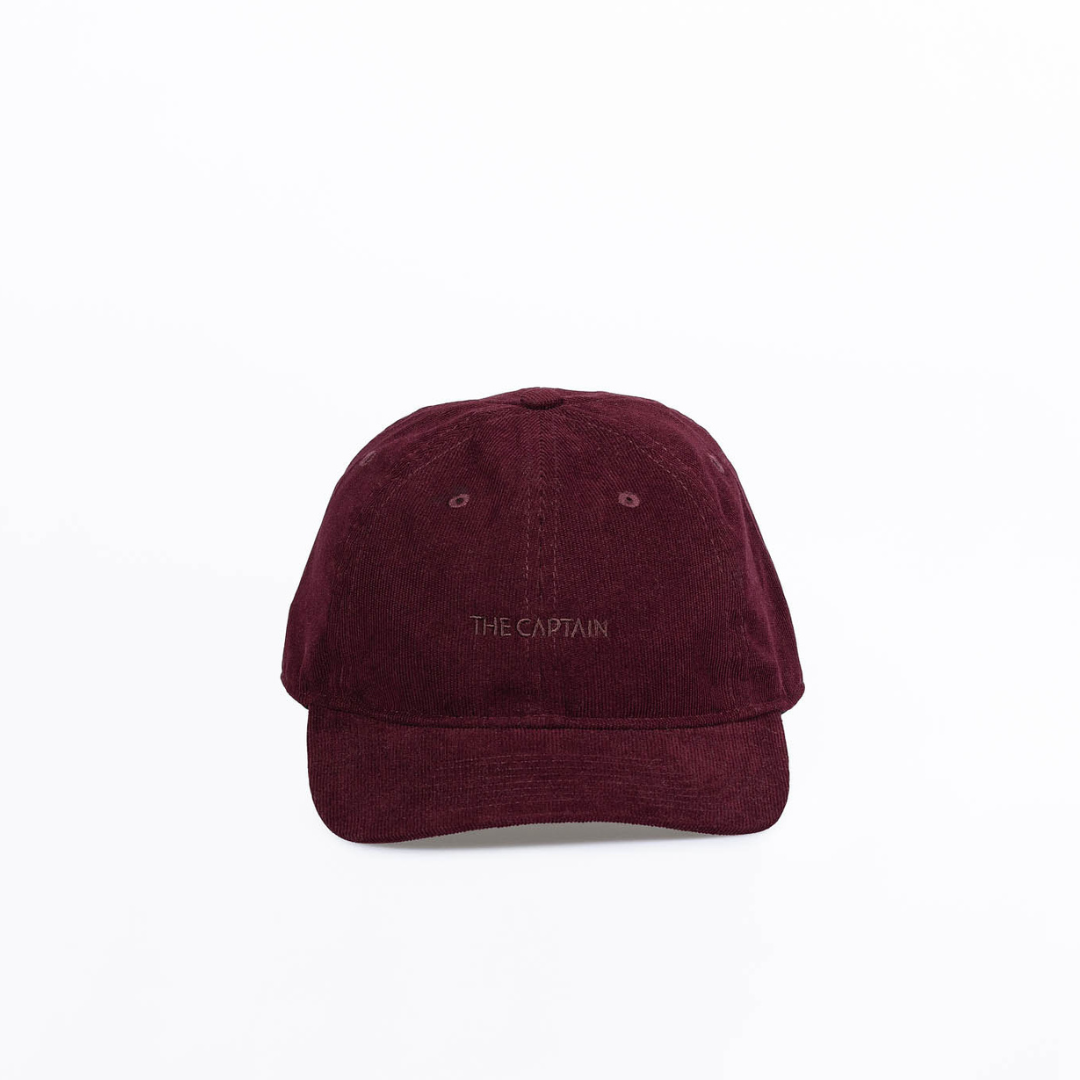
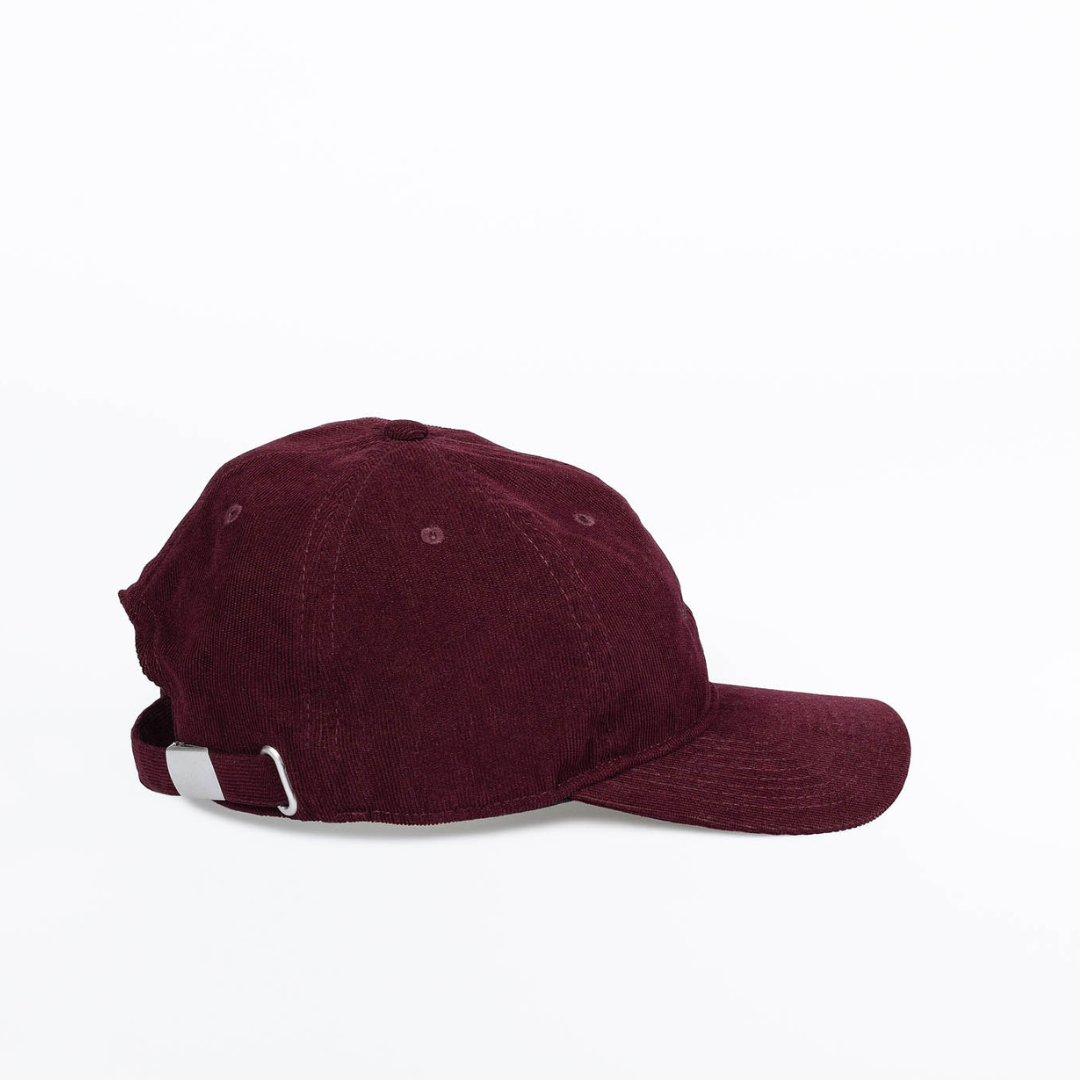
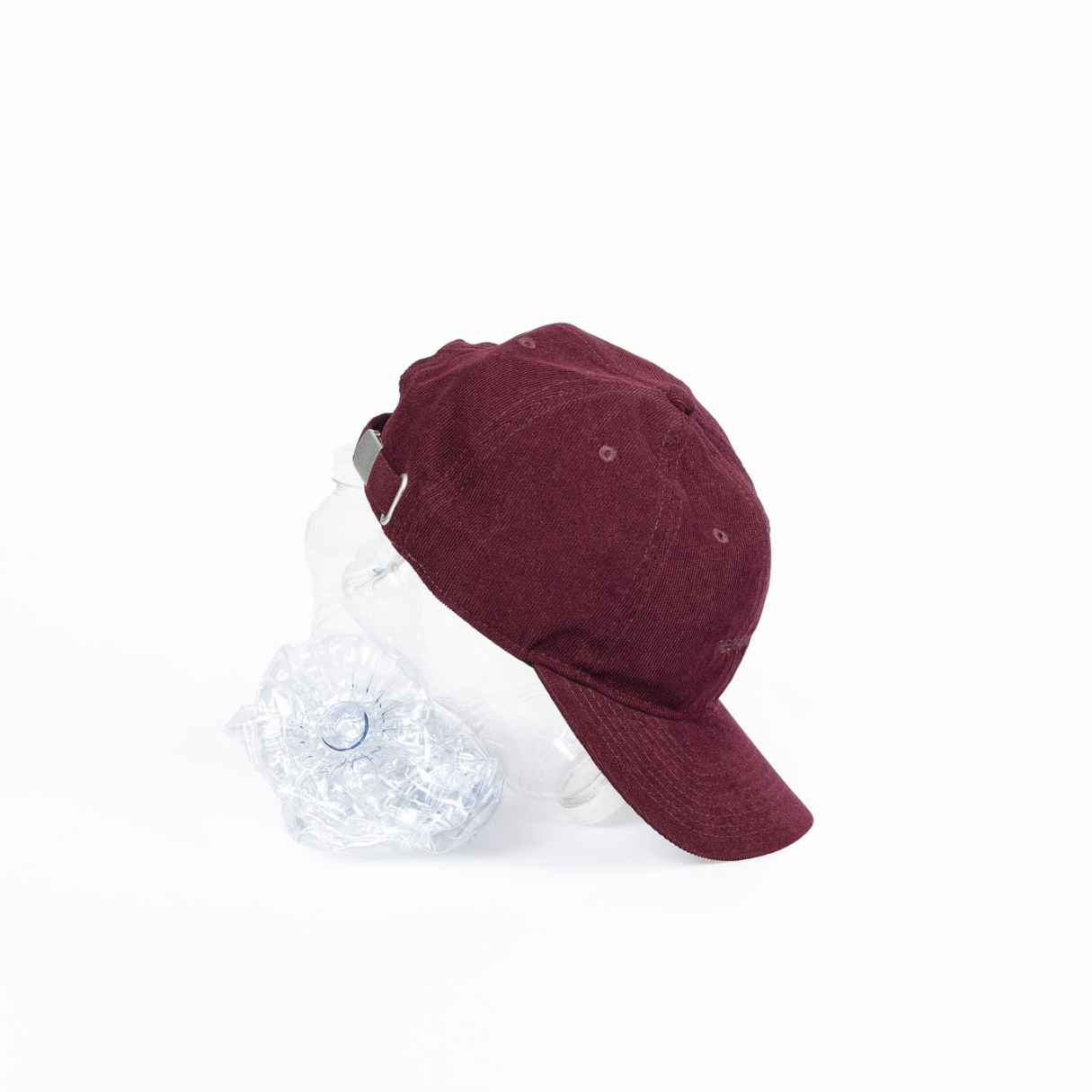
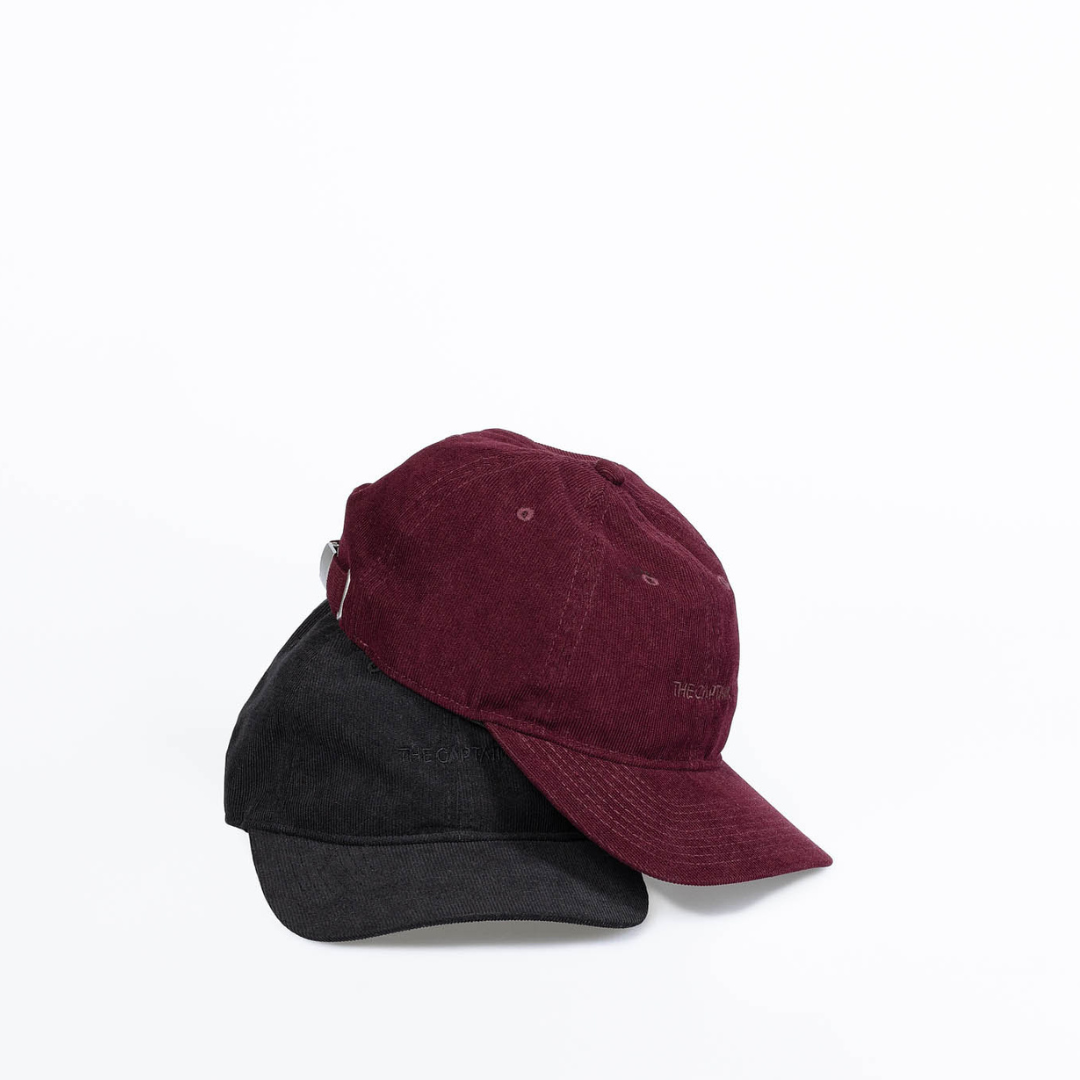
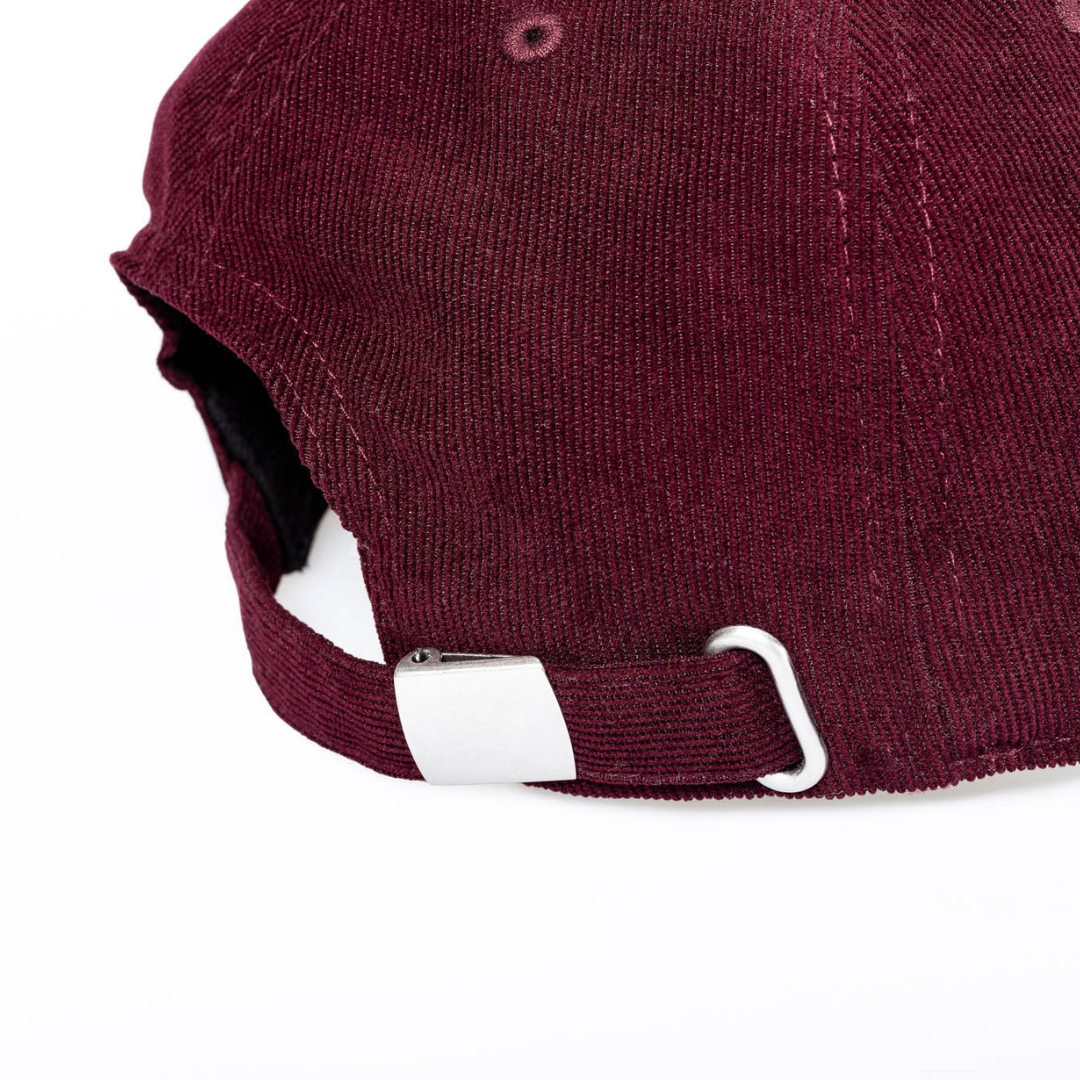
Boné PET reciclado - Bordeaux
Impostos incluídos

Análise do Ciclo de Vida do Produto
Apresentamos o nosso Boné Clássico Eco-Friendly, cuidadosamente produzido a partir de materiais reciclados de PET, garantindo sustentabilidade sem comprometer o estilo. Cada boné é fabricado a partir do mesmo lote de produção, assegurando uma qualidade de cor consistente. Com a sua pala suavemente curvada e o logótipo em destaque, este boné combina um design intemporal com um fitting clássico.
Detalhes
✅ 100% PET Reciclado*
✅ Tamanho único
✅ Faixa ajustável para um ajuste perfeito
O poliéster reciclado (rPET) é obtido a partir da reciclagem de garrafas plásticas usadas. Neste processo, novos polímeros são transformados em fibra têxtil. (1 BONÉ = 4 GARRAFAS)*
O que poupas ao escolher poliéster reciclado em vez de poliéster convencional?
🌱 60% menos consumo de energia
💧 98% menos consumo de água
🌍 16% menos emissões de CO₂
♻️ 34% menos resíduos
Escolher opções





Impostos incluídos

